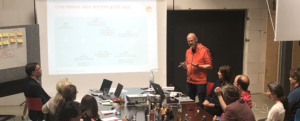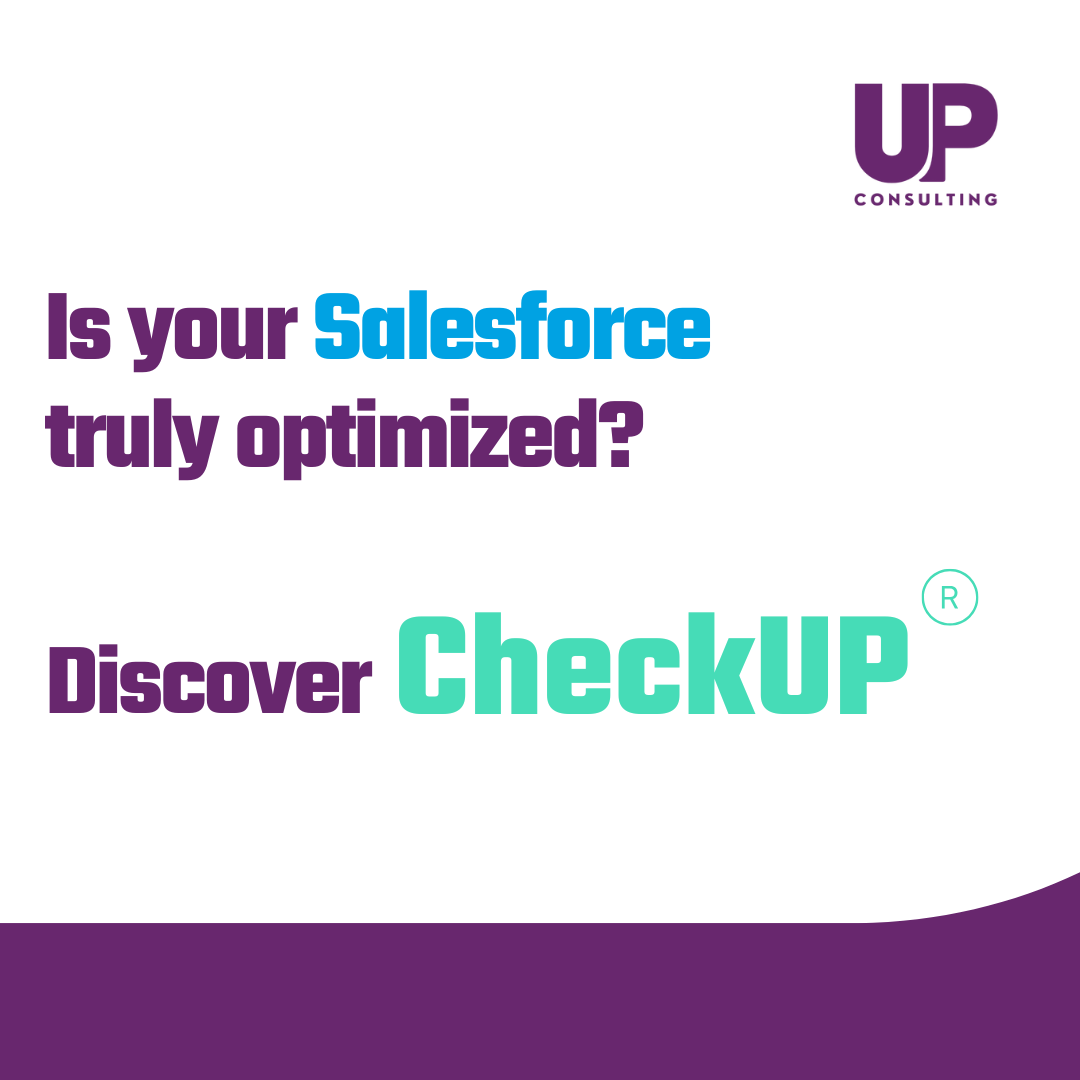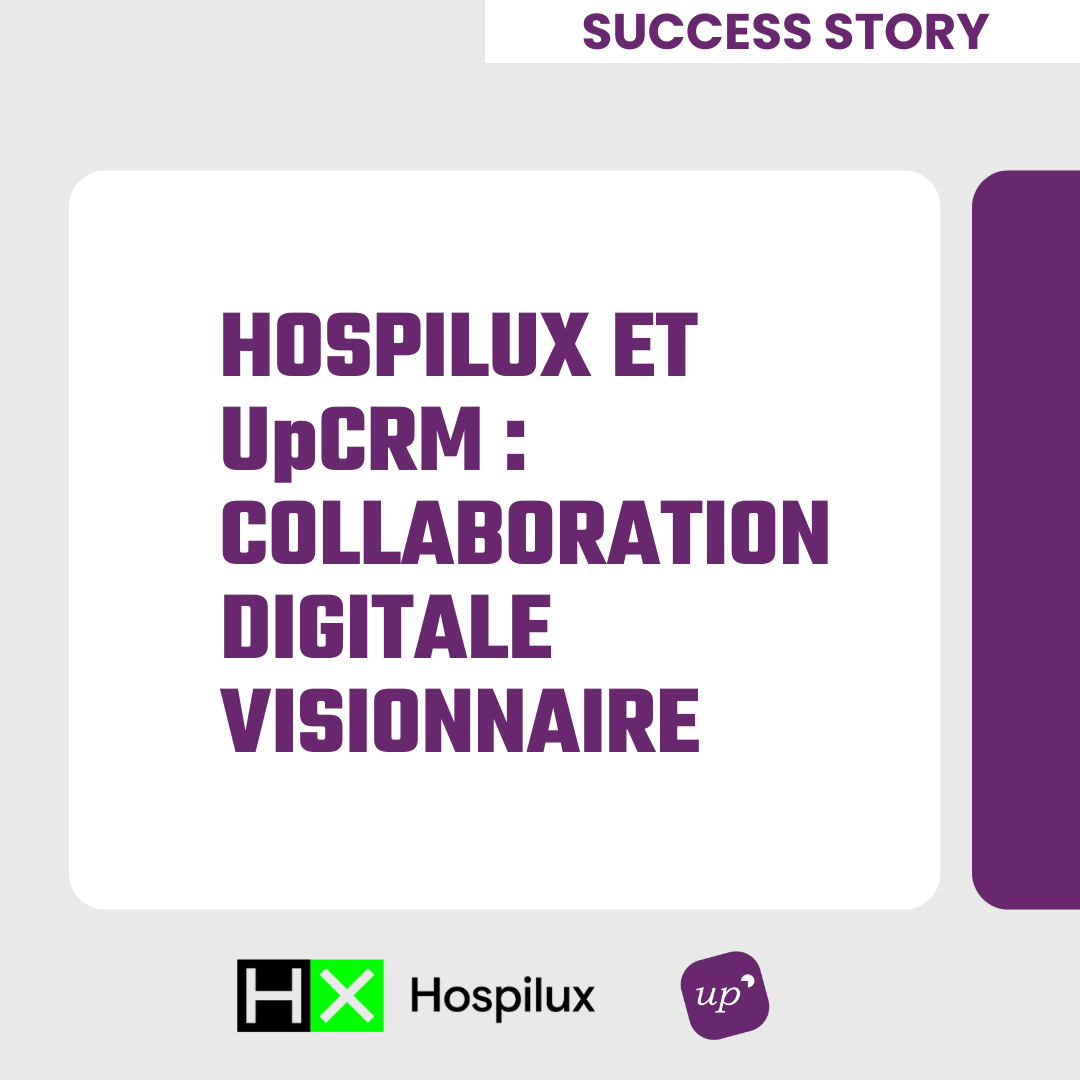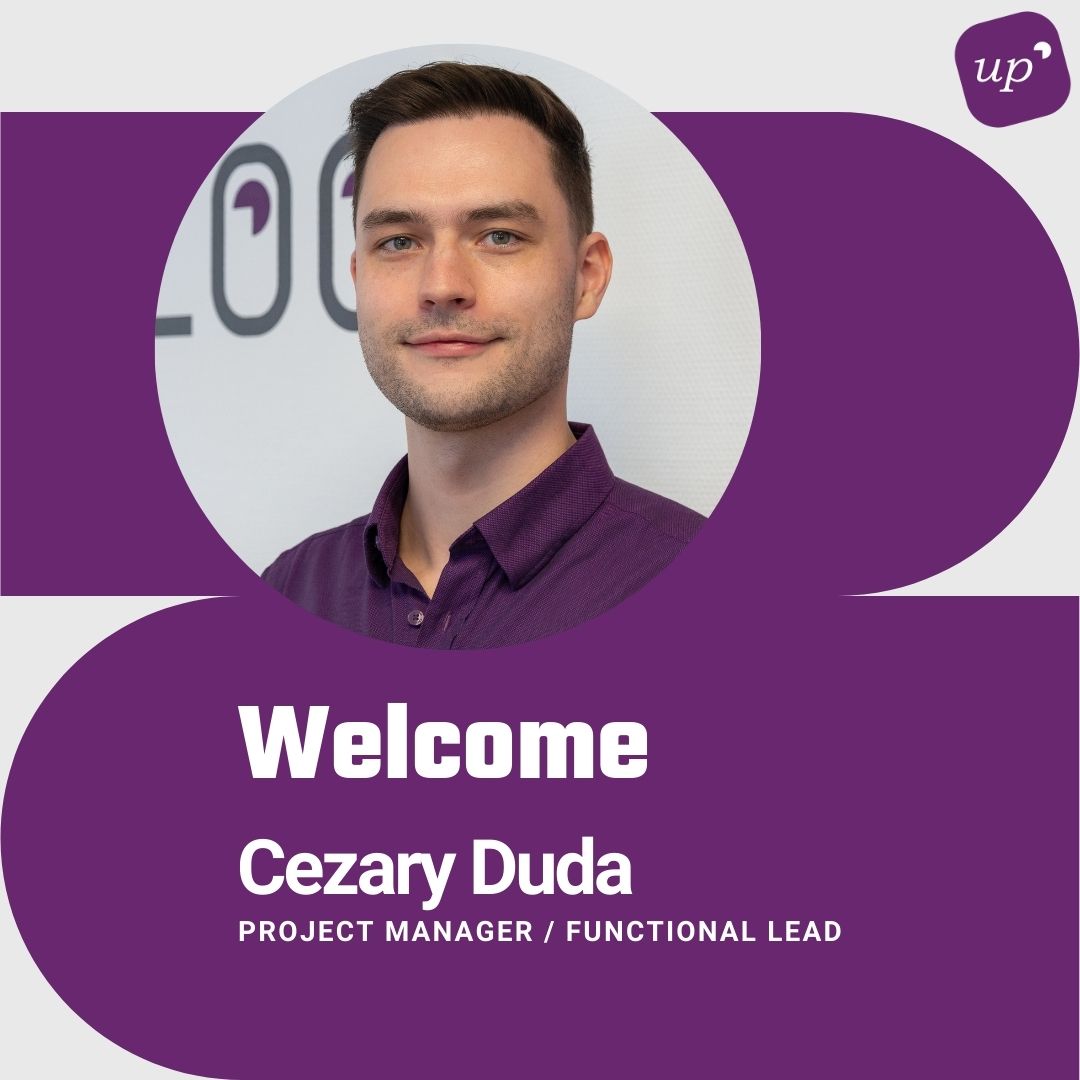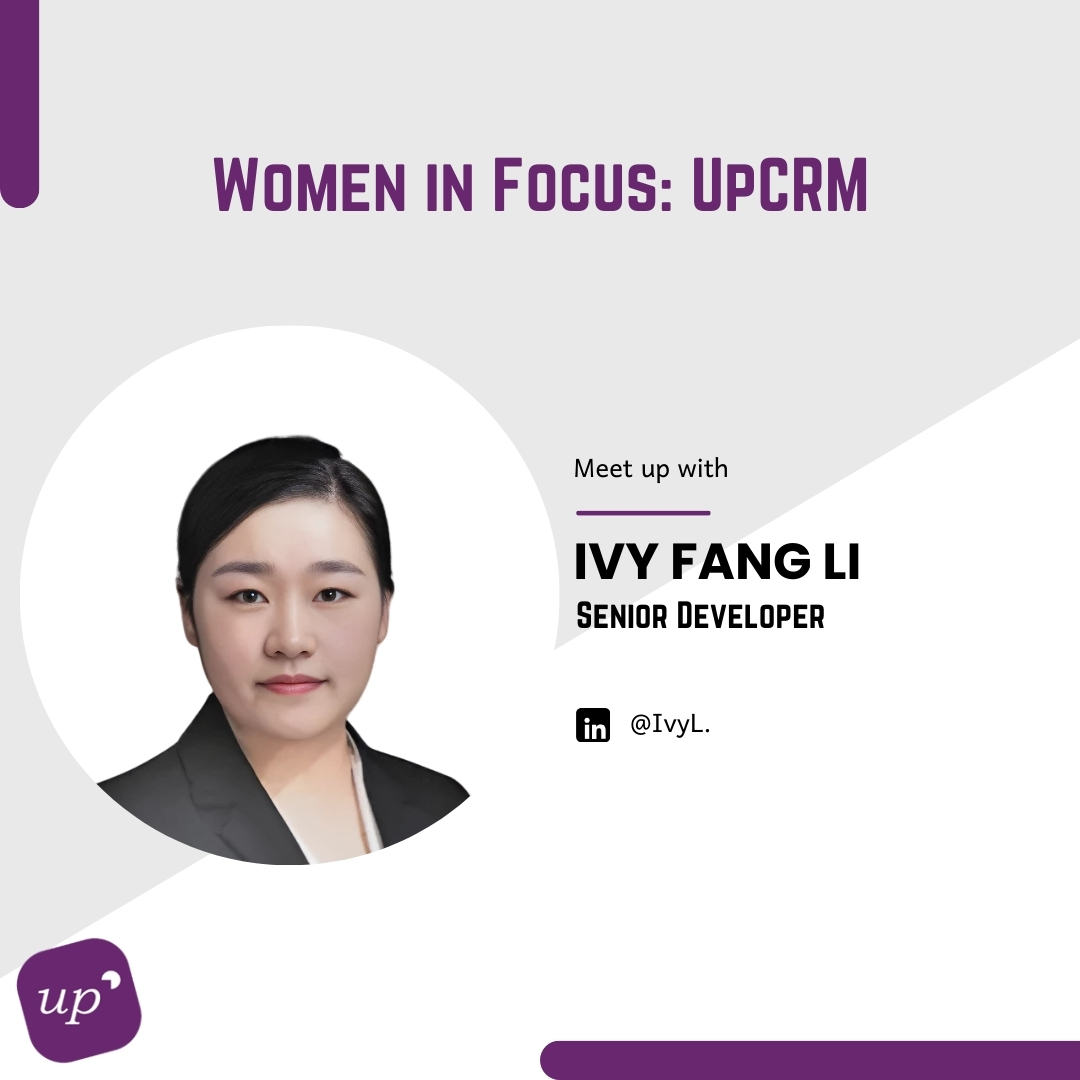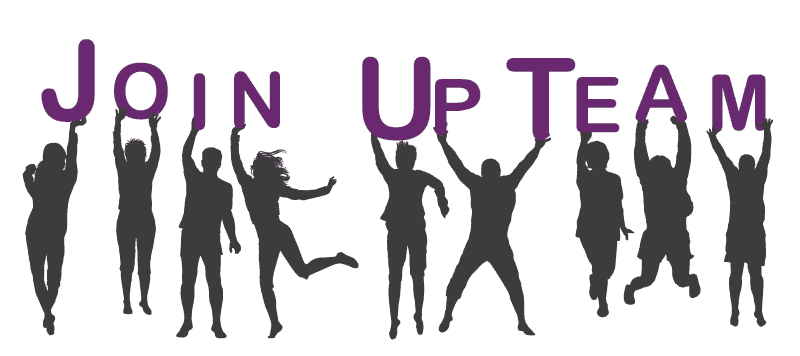Munich Workgroup: best practices to successfully implement a CRM solution
The 23rd of May at Impact Hub Munich, UpCRM, Flechtwerk, and salesforce.org welcomed motivated actors of the non-profit sector, inviting them to share best practices and concrete feedback about the path to successfully implement a CRM solution.
This journey into the benefits of CRM for non-profit organisations started with a presentation of the Salesforce project of « Mein Papa kommt », a Munich based non-profit organisation whose aim it is to help separated parents overcome the difficulties of staying in an active relationship with their children living remotely. Jobst Münderlein, the organisation’s co-founder and director, explained step by step how the choice of a solid platform to support the organisation’s development was of key strategic importance to him.
Hence, Flechtwerk’s operational efficiency directly depends on being able to run these processes on a coherent platform offering automation, traceability and a wide range of productivity tools.
Efficient reporting and analytics, according to Jobst, are equally mission critical for him: Like many other non-profit organisations, Flechtwerk receives funding from private foundations and public administrations; and in order to first convince, then to continuously inform these key stakeholders, the frequent and precise delivery of statistics regarding the global and local development of the ‘Mein Papa Kommt’ are of vital importance for the organisation.
Jobst also provided feedback on the learnings of a CRM project in the context of a growing non-profit organisation. One of the most important points is related to the project organisation itself. Any CRM implementation should be considered as a structured and long-term project. Even if salesforce.org provides free licences to support the non-profit organisation, and even if pro-bono volunteers may contribute to the implementation, this long-term and strategic project first requires a clear architecture (Which features to use? How to connect the CRM with other systems like the website, the accounting solution, the payment gateway?) and then a solid project management exercise. And these factors, namely having a clear architecture and establishing a solid project management, are not only important during the initial build of the CRM, but even more so, over time, during the CRM’s evolution stretching over many years as the organisation itself evolves.
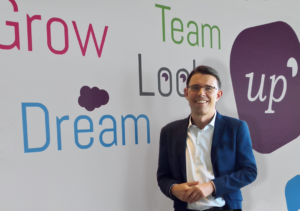
Based on the audience’s feedback and his own project experience, René highlighted three key topics: Taking time to discover and understand the organisation’s goals and vision, clearly identifying and defining the concrete needs of different stakeholders (donors, members, volunteers, employees, …), and then selecting and designing the appropriate solutions, thus maintaining a strong focus on the most helpful order of steps in the CRM project.
Lisa Grotenrath, account manager at salesforce.org, after having presented the Salesforce foundation’s mission and activities, also underlined that a successful implementation usually requires the support of an experienced CRM implementation partner like UpCRM to reap the full benefits of the solution’s capabilities. She detailed the different solutions available for non-profit organisations, including the Salesforce Non-profit Starter Pack (NPSP), a ‘ready to use’ package built on top of Salesforce CRM, with features like donor management and households descriptions, among others. However, even if the package is ‘ready to use’ and the features are ‘easy to use’, she highlighted that being supported during the learning curve is key to getting the full benefits from this package.
| Yves Leblond, Director of Innovation, then presented some insights coming from 10 years of UpCRM project implementation in both the non-profit and commercial sectors: | 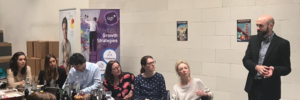 |
● Everything starts with a clear and strong vision, which gives the impulse and the direction. This vision must be supported by a simple, clear and well-designed architecture around open, agile and scalable solutions.
● However, vision and architecture are useless if not supported by a well-defined execution path, including technical but also organisational aspects.
● This execution path has to support a progressive evolution of the implemented CRM, with a strong focus on delivering value early and over time, at later project stages, to all organisation stakeholders: Donors, volunteers, employees, supporting funders, and others.
● Keeping things under control is key: The CRM will be used for many years. The organisation has to develop and preserve the knowledge and understanding of the solution, the data, and the best ways to use them, especially in a growing and fast evolving organisation. Someone has to be in charge of this strategic asset of the organisation. The CRM is not a « buy and forget » kind of second importance tool.
● Team on-boarding needs attention too: Investing into training, support, and advice will strongly increase both the productivity and motivation of CRM users.
● And finally, everything is about the correct timing: The rhythm of the CRM implementation has to be in sync with the rhythm of the organisation. The project shall be given the time and attention required for success. Especially to get benefits from the important contributions of the organisation’s key people who bring their expertise and knowledge to the implemented solution.
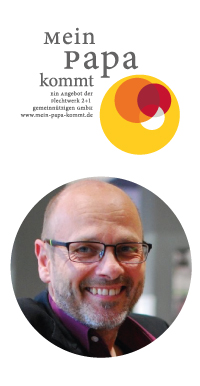 Jobst Munderlein, CEO and Founder of Mein Papa kommt! Jobst Munderlein, CEO and Founder of Mein Papa kommt! |
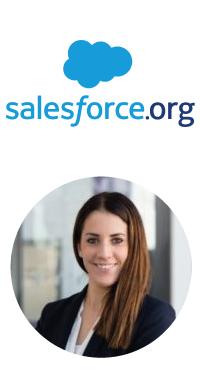 Lisa Grotenrath, Account Executive at Salesforce.org Lisa Grotenrath, Account Executive at Salesforce.org |
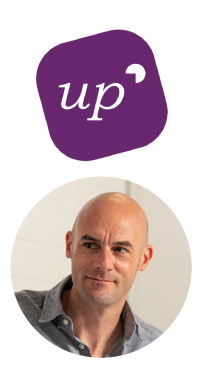 Yves Leblond, Director of Consulting and Innovation at UpCRM Yves Leblond, Director of Consulting and Innovation at UpCRM |
. |
Enriched by all of these intense exchanges, the participants of the session, willing to explore the subject more deeply, decided to set up a Salesforce Non-profit User Group, where they could exchange periodically about their CRM implementation experiences, and be presented specific or additional tools that would enrich their CRM environment. UpCRM, as an active member of the Salesforce non-profit ecosystem, will coordinate the effort to set up this User Group.

